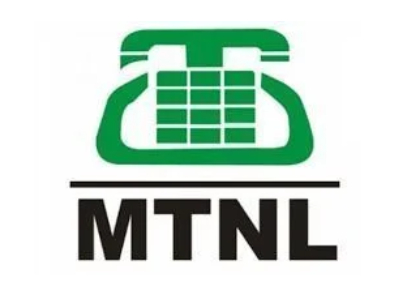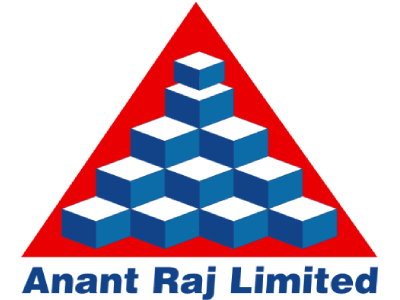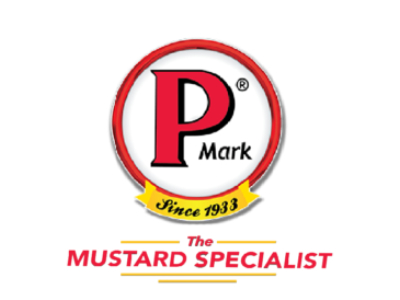Your cart is currently empty!
Trade license
Trade license
A trade license, also known as a business license or occupational license, is an official authorization granted by a government or regulatory body that permits an individual or company to engage in a specific trade, profession, or commercial activity. Obtaining a trade license is typically a legal requirement for conducting business operations in many jurisdictions. The purpose of a trade license is to ensure compliance with applicable laws, protect consumers, and regulate the conduct of businesses.
It’s important to note that the specific requirements and regulations surrounding trade licenses can vary significantly depending on the jurisdiction and the type of business activity. It is advisable for individuals or businesses to consult with local authorities or regulatory bodies to understand the specific trade license requirements and procedures applicable to their situation. This ensures compliance with the law and helps establish a solid foundation for conducting legitimate and regulated business operations.
Free Call Back by our Expert
Here are some key characteristics of a Trade license:
- Overview
- Benefit
- Registration Procedure
A trade license, also known as a business license or occupational license, is an official authorization granted by a government or regulatory body that permits an individual or company to engage in a specific trade, profession, or commercial activity. Obtaining a trade license is typically a legal requirement for conducting business operations in many jurisdictions. The purpose of a trade license is to ensure compliance with applicable laws, protect consumers, and regulate the conduct of businesses.
Legal Requirement: In most jurisdictions, it is mandatory for businesses to obtain a trade license before commencing operations. The specific licensing requirements and procedures vary from country to country, and sometimes even within different regions or municipalities. Failure to obtain the required license can result in penalties, fines, or legal consequences.
Legal Requirement: In most jurisdictions, it is mandatory for businesses to obtain a trade license before commencing operations. The specific licensing requirements and procedures vary from country to country, and sometimes even within different regions or municipalities. Failure to obtain the required license can result in penalties, fines, or legal consequences.
Types of Trade Licenses: Trade licenses can vary depending on the nature of the business activity. Some common types of trade licenses include general business licenses, professional licenses for specific occupations (e.g., doctors, lawyers, architects), permits for regulated industries (e.g., food establishments, liquor vendors), and specialized licenses for certain trades (e.g., construction, plumbing, electrical work).
Application Process: To obtain a trade license, businesses typically need to submit an application to the relevant government department or regulatory body responsible for licensing. The application process may require providing information such as the nature of the business, location, ownership details, qualifications (if applicable), and payment of requisite fees. Some jurisdictions may also require supporting documents, inspections, or background checks as part of the application process.
The registration procedure for a trade license, also known as a business license or operating license, is a legal requirement for businesses to operate in a particular jurisdiction. A trade license ensures that the business complies with local regulations, safety standards, and zoning laws. The specific steps for obtaining a trade license may vary depending on the city, country, or region where the business is located. However, here is a general overview of the typical registration procedure for a trade license:
Determine the Applicable Authority: Identify the relevant government authority responsible for issuing trade licenses in your area. This could be the local municipality, city council, or a specific licensing department.
Business Name and Structure: Decide on a suitable name for your business and determine its legal structure (e.g., sole proprietorship, partnership, private limited company). Make sure the chosen name complies with any naming guidelines and is available for use.
Obtain the Application Form: Contact the appropriate government authority to obtain the application form for a trade license. This form typically requests essential information about your business, its activities, location, and ownership details.
Gather Required Documents: Prepare the necessary documents to support your trade license application. Common documents may include identity proofs of the business owner/partners/directors, address proof of the business premises, and property ownership or lease documents.
Compliance with Zoning Regulations: Ensure that your business location is compliant with local zoning regulations. Some areas may have specific zoning restrictions that dictate which types of businesses can operate in certain zones.
Health and Safety Inspection: Depending on the nature of your business, you might need to undergo a health and safety inspection by relevant authorities to ensure that your premises meet the required standards.
Submission of Application: Complete the application form and submit it along with the required documents to the designated government authority. Pay the prescribed application fees, if applicable.
Review and Approval: The government authority will review your application and conduct the necessary checks to verify the provided information. If everything is in order and complies with the local regulations, they will grant the trade license.
Issuance of Trade License: Once your application is approved, you will receive the trade license certificate. This certificate authorizes your business to operate legally within the specified jurisdiction.
Renewal and Compliance: Trade licenses are typically issued for a specific period, and you will need to renew the license periodically as per the local regulations. Additionally, ensure ongoing compliance with any rules or conditions associated with the trade license.
It’s essential to follow the specific procedures and requirements laid out by the local government authority to secure a trade license successfully. Seeking guidance from local business consultants or legal experts can be beneficial to navigate the process efficiently and ensure compliance with all applicable laws and regulations.
Customer Reviews
VITIKA MAKAJI
Trademark Objection
- Verified Customer
04 May 2023
Good follow up.
SWETHA D
DIN eKYC Filing
- Verified Customer
12 May 2023
Goood
HARIHARAVIJITHA M
Trademark Registration
- Verified Customer
04 May 2023
nice
VITIKA MAKAJI
Trademark Objection
- Verified Customer
04 May 2023
Good follow up.
Our Clients







